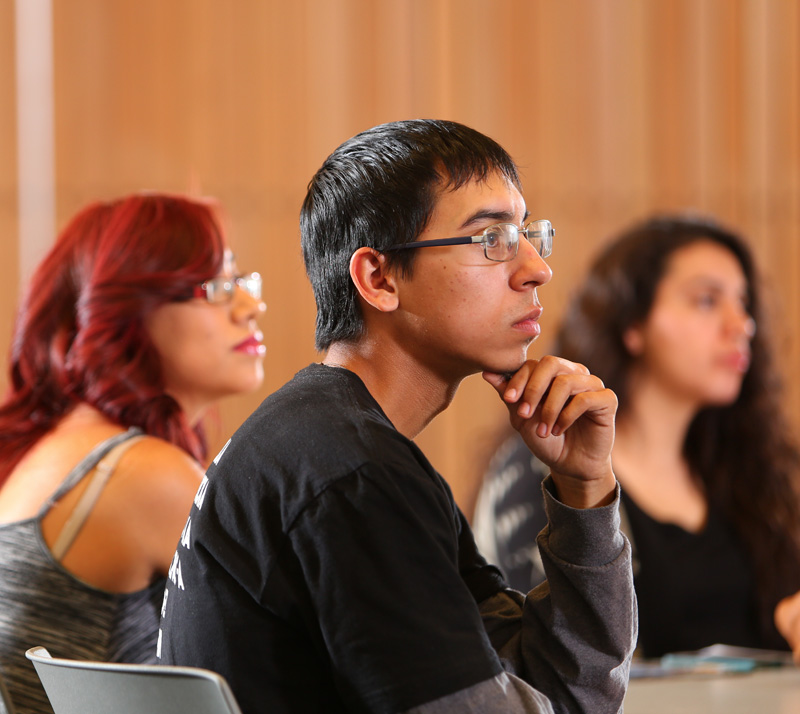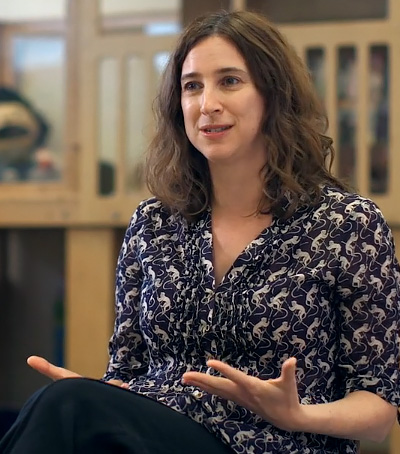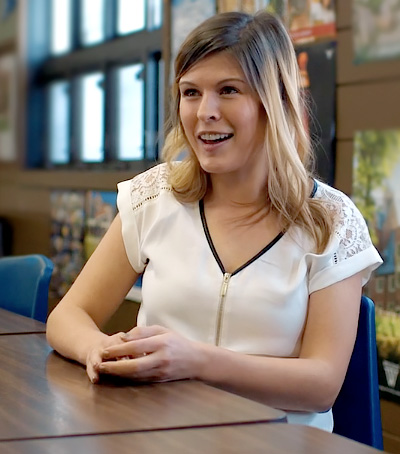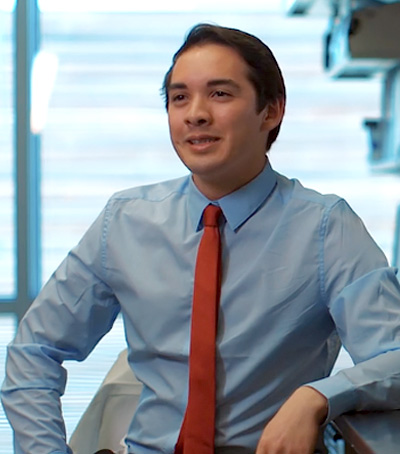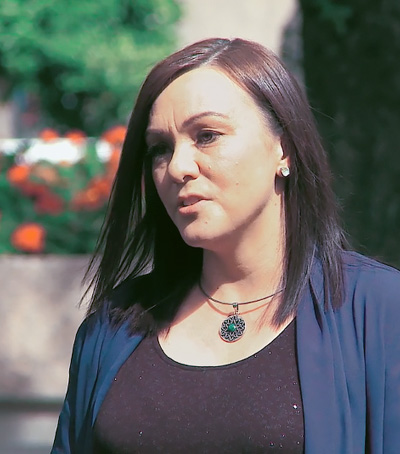Arizona Theory of Action
Helios Education Foundation believes that education changes lives and strengthens communities. As a result, we strategically partner and invest our knowledge, expertise, and resources to create opportunities for individuals in Arizona and Florida to succeed in postsecondary education. By fostering a college-going culture and advancing the academic preparedness of all students from early childhood through postsecondary education, we seek to increase the number of young adults graduating from high school prepared to succeed in college, career, and life.

